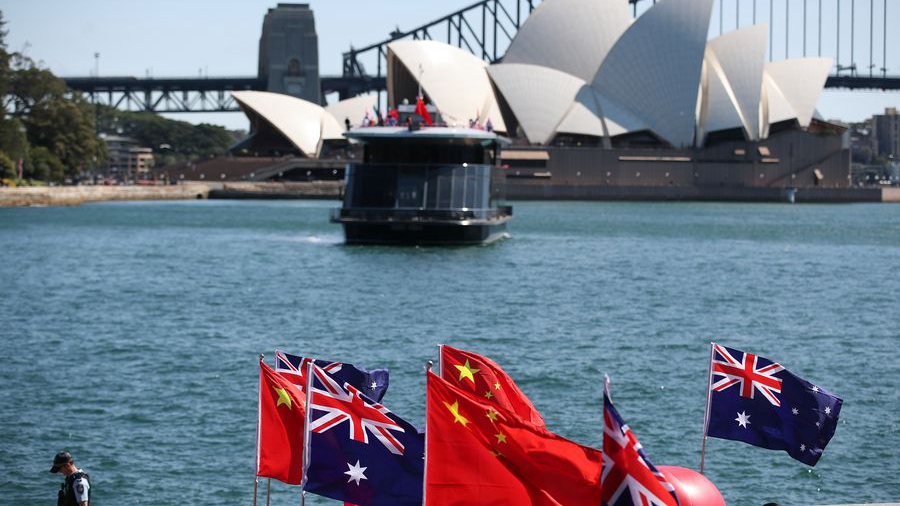Onus of improving bilateral ties on Canberra
By Li Yang | China Daily | Updated: 2020-11-20 07:48

The fact that Canberra's allegations that Beijing is using "economic coercion" and "trade weaponization" and taking "discriminative trade measures" do not stand up to scrutiny shows Australian politicians are trying to confuse the public by blaming the victim.
All the measures China has taken so far against Australian goods are in accordance with Chinese laws and international conventions. In fact, it is Australia that continues to take discriminative measures against Chinese products and thus violate market economy principles and politicize its trade with and investment in China.
Australia conveniently forgets to mention that it has launched 106 anti-dumping and anti-subsidy investigations against Chinese goods, compared with only four by China against Australian products.
Moreover, over the past two years, Australia has halted more than 10 Chinese investment projects, from energy to agriculture and 5G technology, on the pretext of "national security concerns".
Also, Australia revised its foreign investment law twice, in March and June, reinforcing national security reviews on foreign investment, which many experts say are targeted at China. No wonder China's investment in Australia has declined by a large margin in the past three years-in 2019 it was only 15 percent of that in 2016.
It should be noted that according to the China-Australia free trade agreement, both sides are obligated to facilitate mutual investment, and gradually lower the threshold of investment review. Australia has done just the opposite.
In contrast, China has faithfully fulfilled its free trade obligations, by continuously lowering the tariffs on Australian goods over the past six years, and exempting about 95 percent Australian goods from tariffs. And, not surprisingly, Australian businesses remain confident about China's market, as is evident from the participation of more than 150 Australian enterprises in the 3rd China International Import Expo in Shanghai from Nov 5 to 10, more than those from most of the other countries that took part in the event.
That should make it clear which country is to blame for the deterioration in bilateral ties and declining trade.
If Canberra's moves targeting China reflect its Cold War mentality, those ill-intentioned Australian politicians trying to pin the blame on China for their own failures have exposed their ideological prejudice. Judging by their remarks and actions, these politicians would go to any length, including indulging in China-bashing, to serve as the United States' henchmen, in order to curry favors from the White House. But by doing so, they have undermined Sino-Australia relations.
Canberra has repeatedly violated the principles of international relations, feeling no qualms about interfering in China's internal affairs in the Xinjiang Uygur autonomous region and the Hong Kong Special Administrative Region, citing human rights as an excuse. It has also been coddling some people and organizations with the aim of smearing China, which has only added fuel to the fire by inciting hostility against China in Australian society.
In sharp contrast, China has never been involved in any such activities as it respects other countries' sovereignty and focuses on common interests rather than trying to widen differences.
There is no doubt that Canberra's actions have dealt a heavy blow to bilateral ties and undermined mutual trust. And it is unfortunate that some politicians turn a blind eye to the damage they have done to the otherwise mutually beneficial Sino-Australian relations while pretending to be the victims.
China and Australia have different political systems and cultures, and are at different stages of development. So it is natural for them to have some differences. But international relations demand that they manage such differences using constructive means based on mutual respect and equality.
If those Australian politicians believe they can occupy the high moral ground and impose their will on other countries by targeting China, they must be daydreaming-not least because by harming China, they cannot lift Australia out of its worst economic recession in decades.
A frosty Sino-Australian relationship serves no party's interest. On its part, China has been making efforts to thaw the bilateral ties. The onus is now on Canberra to fulfill its part of the responsibility.
The author is a writer with China Daily.
























